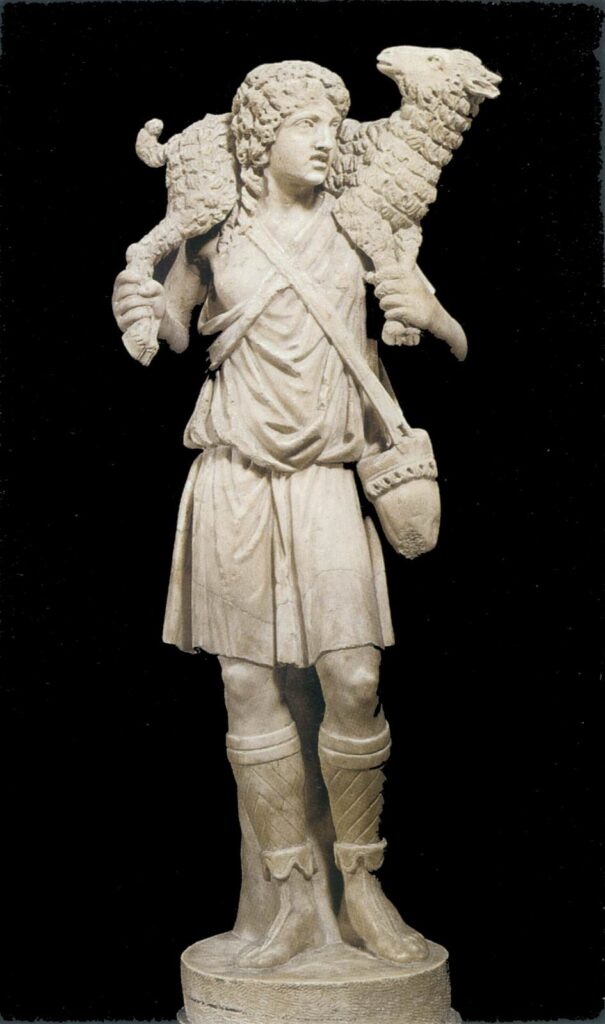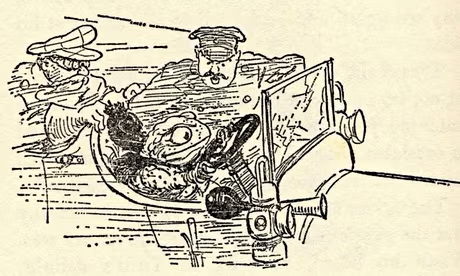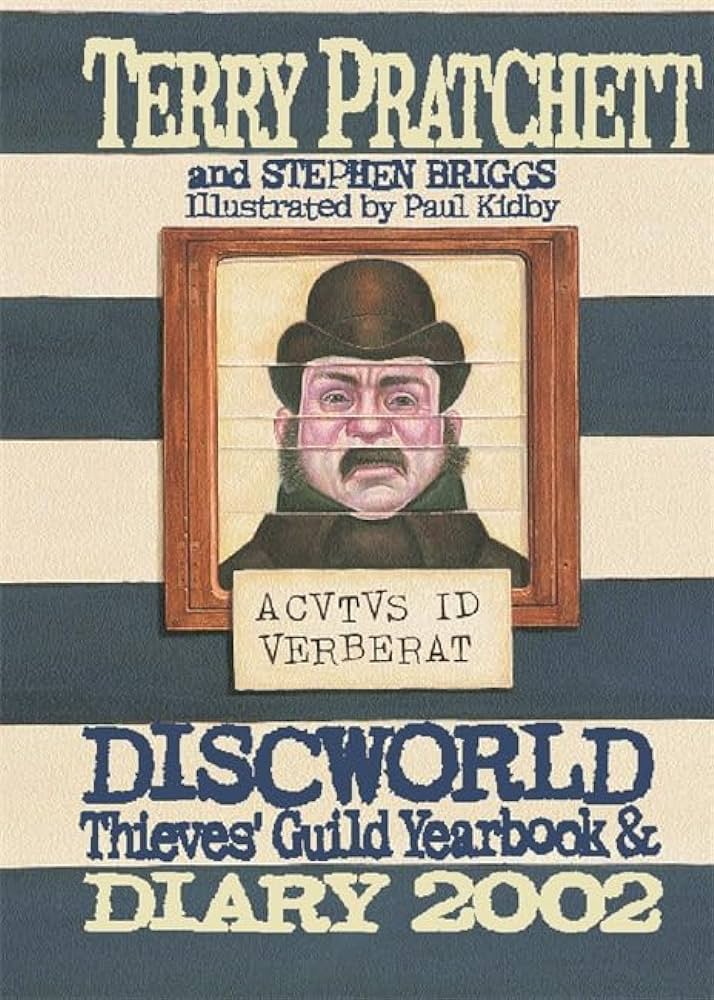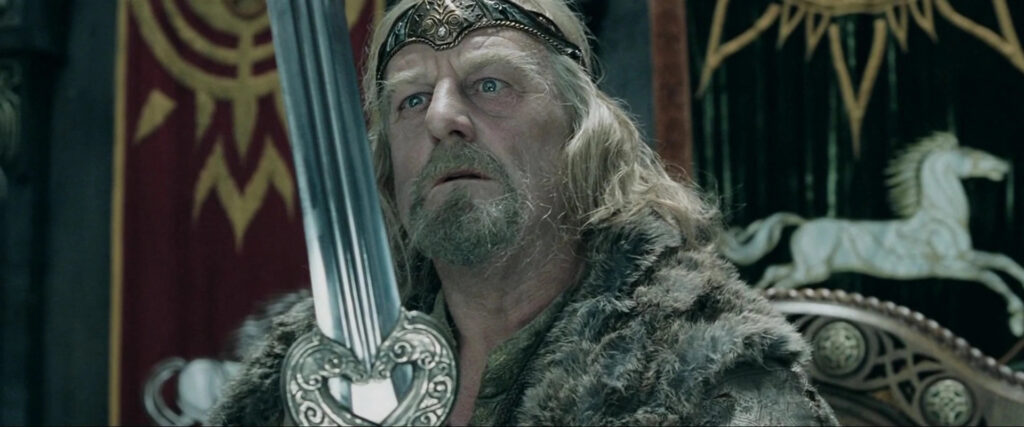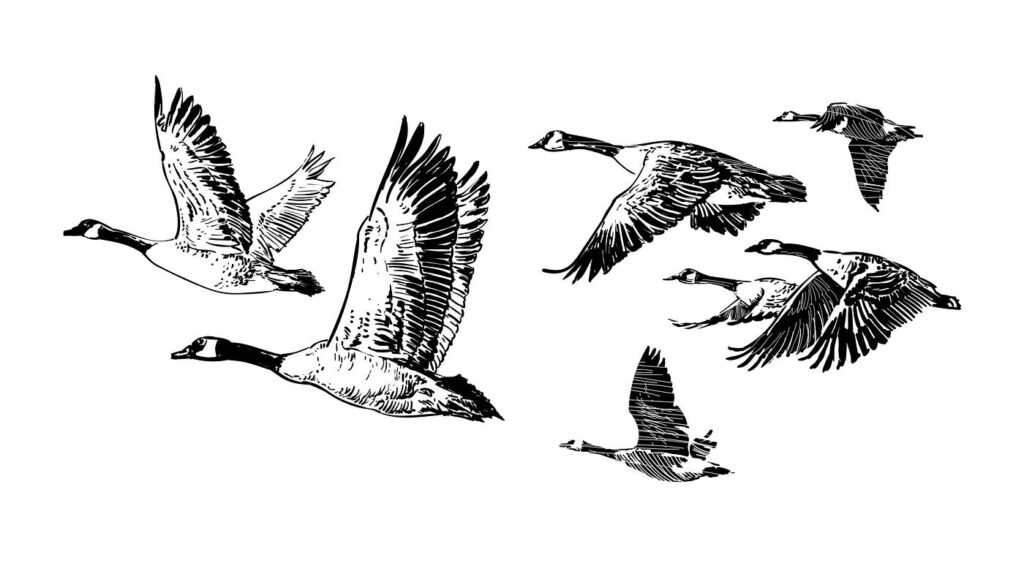Note: If you wish to receive, via e-mail, (1) my weekly newsletter or (2) daily copies of these posts, write to me at [email protected]. Comments may also be sent to this address. I promise not to share your e-mail with anyone. To unsubscribe, write here as well.
Sunday
Last Sunday was Good Shepherd Sunday, but I postponed that essay until today so that I could share a Passover poem. Today’s essay came out of a discussion I had with Sue Schmidt, with whom I talk weekly about the lectionary readings. With this arrangement, I gather ideas for my blog while she does the same for her sermon at the Salem United Church of Christ in Harrisburg PA, where she is the pastor.
Sue brought to our talk all the passages from the Bible that mention shepherds. There are a lot of them, with “shepherd” at some point in history becoming synonymous with “leader.” She was particularly struck by Ezekiel 34, where the prophet chastises Israel’s “shepherds,” and we discussed those contemporary church leaders who are failing their congregations.
Declining church attendance may be in part due to young Americans associating the church with child abuse, mammon worship, political extremism, Trump worship, homophobia, indifference to asylum seekers and the poor, and other issues. Ezekiel’s time, of course, had its own examples of church leaders straying from the paths of righteousness:
The word of the LORD came to me: “Son of man, prophesy against the shepherds of Israel; prophesy and say to them: `This is what the Sovereign LORD says: Woe to the shepherds of Israel who only take care of themselves! Should not shepherds take care of the flock? You eat the curds, clothe yourselves with the wool and slaughter the choice animals, but you do not take care of the flock. You have not strengthened the weak or healed the sick or bound up the injured. You have not brought back the strays or searched for the lost. You have ruled them harshly and brutally. So they were scattered because there was no shepherd, and when they were scattered they became food for all the wild animals. My sheep wandered over all the mountains and on every high hill. They were scattered over the whole earth, and no one searched or looked for them.
Ezekiel is also critical of misbehaving congregation members, criticism that could be extended to all too many American Christians:
As for you, my flock, this is what the Sovereign LORD says: I will judge between one sheep and another, and between rams and goats. Is it not enough for you to feed on the good pasture? Must you also trample the rest of your pasture with your feet? Is it not enough for you to drink clear water? Must you also muddy the rest with your feet?
Must my flock feed on what you have trampled and drink what you have muddied with your feet? “`Therefore this is what the Sovereign LORD says to them: See, I myself will judge between the fat sheep and the lean sheep. Because you shove with flank and shoulder, butting all the weak sheep with your horns until you have driven them away, I will save my flock, and they will no longer be plundered. I will judge between one sheep and another.
Then comes the Lord’s promise to the righteous:
I will tend them in a good pasture, and the mountain heights of Israel will be their grazing land. There they will lie down in good grazing land, and there they will feed in a rich pasture on the mountains of Israel. I myself will tend my sheep and have them lie down, declares the Sovereign LORD. I will search for the lost and bring back the strays. I will bind up the injured and strengthen the weak, but the sleek and the strong I will destroy. I will shepherd the flock with justice.
So, rich grazing land for those who follow the Lord and condemnatory judgment for those who don’t—and by following the Lord, it’s not enough to talk the talk. There must be no “ravening wolves” in “sheep’s clothing,” as Matthew puts in (7:15). In talking over the matter with Sue, I brought up two poems that address church failure. In Stanley Moss’s “The Good Shepherd,” the speaker points out that shepherds can sometimes turn out to be butchers.
To be sure, the shepherd in Moss’s poem at first seems to fit the ideal:
The Good Shepherd
By Stanley Moss
Because he would not abandon the flock for a lost sheep
after the others had bedded down for the night,
he turned back, searched the thickets and gullies.
Sleepless, while the flock dozed in the morning mist
he searched the pastures up ahead. Winter nearing,
our wool heavy with brambles, ropes of muddy ice,
he did not abandon the lost sheep, even when the snows came.
Things can change, however, and in horrifying ways:
Still, I knew there was only a thin line
between the good shepherd and the butcher.
How many lambs had put their heads between the shepherd’s knees,
closed their eyes, offering their neck to the knife?
Familiar – the quick thuds of the club doing its work.
With this prospect in mind, Moss runs as fast as he can when he sees “the halo coming”:
More than once at night I saw the halo coming.
I ran like a deer and hid among rocks,
or I crawled under a bush, my heart in thorns.During the day I lived my life in clover
watching out for the halo.
I swore on the day the good shepherd catches hold,
trying to wrestle me to the ground and bind my feet,
I will buck like a ram and bite like a wolf,
although I taste the famous blood
I will break loose! I will race under the gates of heaven,
back to the mortal fields, my flock, my stubbled grass and mud.
The famous blood would be “the blood of Christ, the cup of salvation,” while the halo is the church. As this speaker sees it, Christianity wants us to abandon love of this world for love of the next. Faced with this choice, he will hang on to this world, thank you very much. The fields to which he runs may be “mortal” and characterized by “stubbled grass and mud,” but he prefers them to the earth-denying “gates of heaven.”
Now, I’ve written many times that I myself see Jesus’s ministry as focused on our life here on earth, not on some future pearly gate existence. While I understand why Moss would be skeptical of churches, I would want to reassure him that “Thy kingdom come” is the kingdom we should strive for while we are still alive. If I were to rewrite this poem, I would contend that the “mortal fields” and the “stubbled grass and mud” are heaven.
In “I Am the Good Shepherd,” Malcolm Guite focuses on those church leaders who have failed the Stanley Mosses of the world. “The very name of shepherd seems besmeared,” the Anglican rector poet laments.
The poem, he says, was written in response to stories of clerical sexual abuse. “The cry of pain which forms the first half of my sonnet,” he explains, “turns to prayer, and to a return to the true essence and understanding of the word ‘pastor’ in Jesus’ promise to be our shepherd.”
In the end Guite prays “that Christ himself will in the end rescue and heal all those who have suffered, and especially perhaps those who have suffered at the hands of false shepherds.”
I Am the Good Shepherd
John 10:11 I am the good shepherd: the good shepherd giveth his life for the sheep.When so much shepherding has gone so wrong,
So many pastors hopelessly astray,
The weak so often preyed on by the strong,
So many bruised and broken on the way,
The very name of shepherd seems besmeared,
The fold and flock themselves are torn in half,
The lambs we left to face all we have feared
Are caught between the wasters and the wolf.
Good Shepherd now your flock has need of you,
One finds the fold and ninety-nine are lost
Out in the darkness and the icy dew,
And no one knows how long this night will last.
Restore us; call us back to you by name,
And by your life laid down, redeem our shame.
I’m thinking that “the wasters and the wolf” are the dissolute clergy on the one hand and life’s predatory forces on the other. The church should provide a refuge from the wolves of the world. Or as Ezekiel puts it, “My flock lacks a shepherd and so has been plundered and has become food for all the wild animals.”
In Guite’s telling, 99 sheep out of the 100 are lost, not just one. While negative feelings towards organized religion aren’t quite this statistically bad, we are moving in that direction. So what can we do?
We the shepherds, Guite tells us, must ask God for guidance. In sending us a special shepherd, he gives us a chance to “redeem our shame” and be restored—which is to say, to reconnect with our inner divinity. As Psalm 23 puts it,
He maketh me to lie down in green pastures: he leadeth me beside the still waters. He restoreth my soul: he leadeth me in the paths of righteousness for his name’s sake.
Now there’s a vision to embrace. The good news is that I know many church shepherds (including Sue) who can help us get there.
